S. 1352: Public Service Freedom to Negotiate Act of 2025
The Public Service Freedom to Negotiate Act of 2025 aims to strengthen the rights of public employees to organize, collaborate, and negotiate collectively with their employers. Here is a summary of its key provisions:
Rights of Public Employees
- Self-Organization: The bill guarantees public employees and supervisory employees the right to self-organize and form or join labor organizations.
- Collective Bargaining: It establishes the right to negotiate collectively through representatives chosen by the employees, covering wages, hours, and other employment conditions.
- Concerted Activities: Employees are allowed to engage in actions for mutual aid or protection, including legal claims.
- Recognition of Labor Organizations: Public employers must recognize labor organizations without requiring an election to recertify or decertify unless a significant number of employees petition for such action.
Minimum Standards for Bargaining
The bill sets forth minimum standards for collective bargaining, including:
- Requirements for public employers to negotiate in good faith with recognized labor organizations.
- Provisions for payroll deductions of labor organization fees.
- Mechanisms for resolving impasses, such as mediation or arbitration.
- Protection against practices that interfere with employee rights under the Act.
Role of the Federal Labor Relations Authority (FLRA)
- The FLRA is responsible for determining if state laws comply with the collective bargaining standards set by the bill.
- It will administer the rights and procedures established by the bill and oversee elections to recognize labor organizations.
- The FLRA can take enforcement actions against non-compliant employers.
Emergency Services and Public Safety
The legislation prohibits lockouts or strikes that could disrupt emergency or public safety services. This applies specifically to employers and emergency service employees, ensuring that critical services remain uninterrupted during disputes.
Existing Agreements and Units
The Act does not invalidate existing collective bargaining units, agreements, or certifications that were approved before its enactment. This ensures continuity for established labor relationships.
Federal Oversight and State Compliance
States must demonstrate that their laws align with the minimum standards set in the bill. If a state fails to do so, the FLRA can impose its rules and requirements pertaining to collective bargaining for public employees in that state.
Exceptions
There are specific exceptions outlined in the bill which detail when the FLRA cannot determine that a state's laws do not provide adequate bargaining rights. These include cases regarding smaller political subdivisions or those laws that pertain to pension negotiations.
Severability and Funding
The bill includes a severability clause that ensures if any part of it is found invalid, the remaining provisions will continue to operate. Additionally, it authorizes the appropriation of funds necessary to implement the Act.
Relevant Companies
None found
This is an AI-generated summary of the bill text. There may be mistakes.
Sponsors
37 bill sponsors
-
TrackMazie K. Hirono

Sponsor
-
TrackAngela Alsobrooks
Co-Sponsor
-
TrackTammy Baldwin

Co-Sponsor
-
TrackRichard Blumenthal
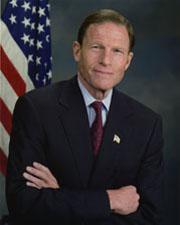
Co-Sponsor
-
TrackLisa Blunt Rochester
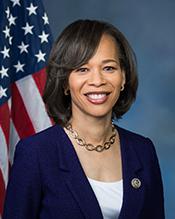
Co-Sponsor
-
TrackCory A. Booker
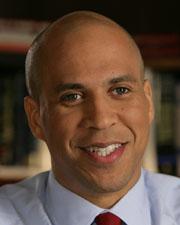
Co-Sponsor
-
TrackMaria Cantwell

Co-Sponsor
-
TrackChristopher A. Coons

Co-Sponsor
-
TrackTammy Duckworth

Co-Sponsor
-
TrackRichard J. Durbin

Co-Sponsor
-
TrackJohn Fetterman
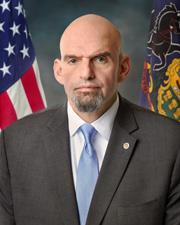
Co-Sponsor
-
TrackRuben Gallego
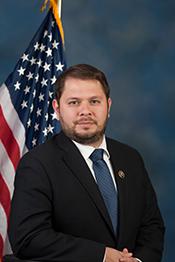
Co-Sponsor
-
TrackKirsten E. Gillibrand

Co-Sponsor
-
TrackMartin Heinrich

Co-Sponsor
-
TrackTim Kaine

Co-Sponsor
-
TrackAndy Kim
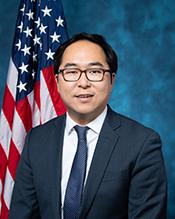
Co-Sponsor
-
TrackAmy Klobuchar

Co-Sponsor
-
TrackBen Ray Lujan
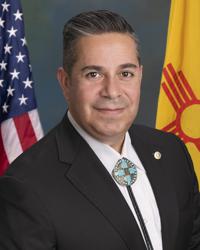
Co-Sponsor
-
TrackEdward J. Markey

Co-Sponsor
-
TrackJeff Merkley

Co-Sponsor
-
TrackChristopher Murphy

Co-Sponsor
-
TrackPatty Murray

Co-Sponsor
-
TrackAlex Padilla
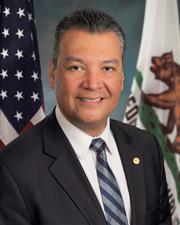
Co-Sponsor
-
TrackGary C. Peters

Co-Sponsor
-
TrackJack Reed

Co-Sponsor
-
TrackJacky Rosen

Co-Sponsor
-
TrackBernard Sanders

Co-Sponsor
-
TrackBrian Schatz

Co-Sponsor
-
TrackAdam B. Schiff
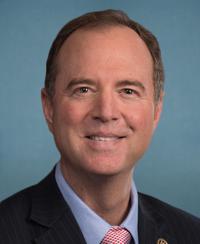
Co-Sponsor
-
TrackCharles E. Schumer

Co-Sponsor
-
TrackElissa Slotkin
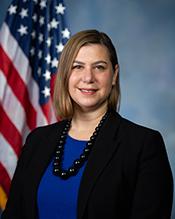
Co-Sponsor
-
TrackTina Smith
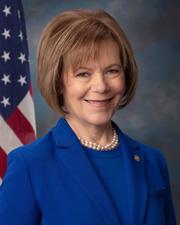
Co-Sponsor
-
TrackChris Van Hollen

Co-Sponsor
-
TrackElizabeth Warren

Co-Sponsor
-
TrackPeter Welch

Co-Sponsor
-
TrackSheldon Whitehouse

Co-Sponsor
-
TrackRon Wyden

Co-Sponsor
Actions
2 actions
| Date | Action |
|---|---|
| Apr. 08, 2025 | Introduced in Senate |
| Apr. 08, 2025 | Read twice and referred to the Committee on Health, Education, Labor, and Pensions. |
Corporate Lobbying
0 companies lobbying
None found.
* Note that there can be significant delays in lobbying disclosures, and our data may be incomplete.
Potentially Relevant Congressional Stock Trades
No relevant congressional stock trades found.